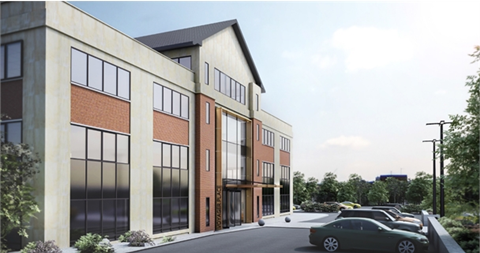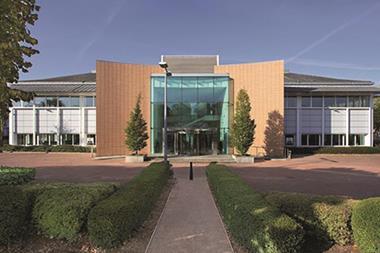The tenant-landlord relationship tends to be a cyclical one, with power shifting from one to the other dependent on whose hands the market outlook plays into.

At the moment, tenants are increasingly delaying occupancy decisions as they wait for economic and political uncertainty to wane.
This gives them an excuse to be a little fussier. Landlords are also minded to let space as quickly as possible rather than hold out for a premium, which plays further into tenants’ hands. Against this backdrop, real estate fund managers and investors would be wise to proactively anticipate and address the requirements of prospective tenants.
Traditionally, real estate fund managers view investors as their clients. Investors provide the capital for you to acquire assets in the first place. Returns are delivered to investors. Investors hold you to account for how you manage assets in a portfolio. This feels like the traditional client relationship.
Yet to focus on investors as your only clients is blinkered. Indeed, considering tenants’ changing demands is increasingly crucial in securing the most reliable tenants and the best income profiles. This approach is to an investor’s and a fund manager’s benefit, given the regular income generated from lettings.
Increasing attractiveness
Treating tenants as clients, regardless of the point in the cycle, pays dividends. So how can fund managers with a landlord role enhance the attractiveness of their assets to potential tenants?
This is most applicable for tenants in the office sector. Warehouses, for example, tend to be kitted out by tenants themselves once rented, to suit their needs.
With offices, on the other hand, factors that enhance quality of working life for staff and encourage staff retention can significantly increase the attractiveness of a space. These elements include good transport links; attractive onsite amenities; and modern mechanical and electrical (M&E) systems.
Investors would be wise to address the requirements of tenants
Particularly for offices outside London, transport links are a key decision factor. Onsite amenities can also make or break a deal for tenants. This is particularly important in business parks, where office locations are likely to be more remote than in urban conurbations. In the current environment, the difference between having an onsite café or not can be significant.
In fact, business parks are increasingly providing more hotel-like facilities such as taxi booking services. At Voyager Place in Maidenhead, we have recently refurbished office space to provide this experience for tenants and put into place full concierge services such as dry cleaning, lunch services and flower orders.

Lastly, tenant priorities change over time.
There is currently a shift towards energy efficiency and modern M&E to ensure efficient airflow in offices. The former reflects businesses’ increased focus on their carbon footprint in line with government targets, while the latter arguably shows a greater understanding among businesses of the importance of employee wellbeing and how this influences workforce productivity.
Recognising these requirements from businesses and ensuring their office space meets these demands is invaluable when looking to secure reliable, long-term leases.
In some cases, working with prospective tenants to understand their requirements and amending an asset prior to agreeing a letting can be beneficial for both parties. For a tenant, it is often more cost-effective to agree how the space should look in advance with their landlord rather than bringing in a contractor at a later date.
With the UK recovering from its snap general election and now that Brexit negotiations are under way, tenants’ demands must be listened to and met. Tenants, not just investors, are clients. Taking on this mindset will enable landlords to secure reliable tenants more quickly and easily.






























No comments yet